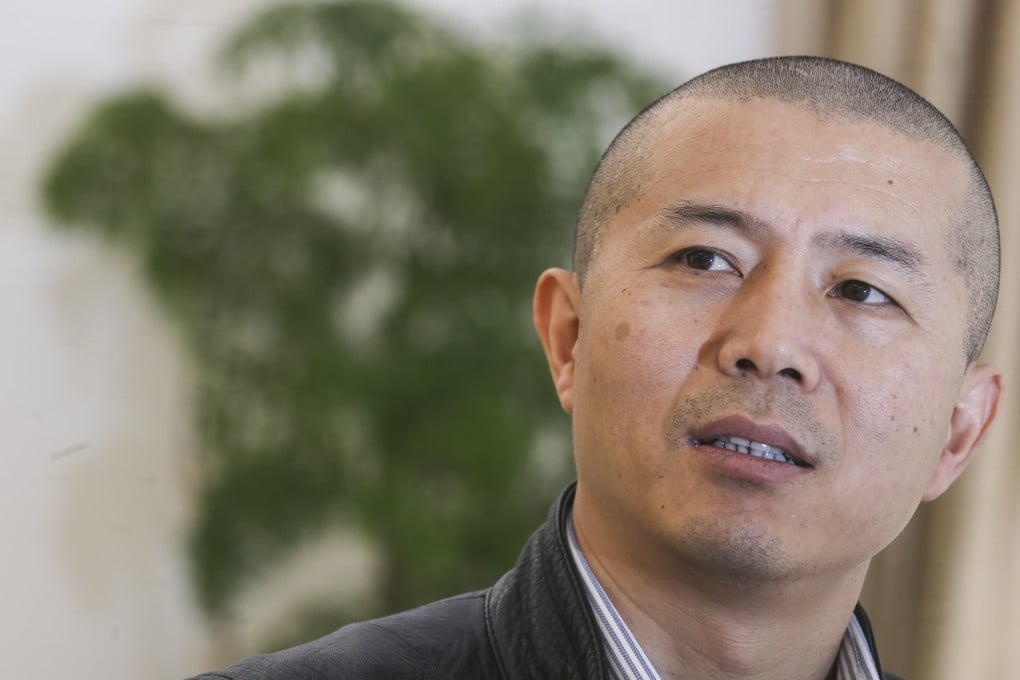Review | Chinese novelist Bi Feiyu opens readers' eyes to blind masseurs' world
Massage, a translation of Chinese novel that won nation's top literary prize, examines the relationships among blind masseurs and with the sighted


What does physical beauty mean to someone who can't see? It's an intriguing question - for both the sighted and the blind - and one of the many aspects of life for the visually impaired Bi Feiyu explores in his sensitive yet frank novel Massage.
Few authors have written from the perspective of the blind. Circumstance led Bi, winner of the 2010 Man Asian Literary Prize, to that world. His father was ousted as a "rightist" and the family sent to the countryside. After a nomadic childhood, Bi escaped life on a farm when he was accepted to study literature at Yangzhou Normal University. After graduation in 1987, he was sent to work at a training school for teachers of the blind and deaf in a remote spot outside Nanjing. This was an order - he had no say in his placement.
He worked there until 1992 when he left to join the Nanjing Daily as a reporter. But years later in 2003, following a serious shoulder injury, a friend suggested he visit a massage clinic that employed blind masseurs. After a month of treatment his injury healed and he developed close friendships with some of the blind masseurs. These experiences feed into Massage and give it authenticity.

First published in Chinese in 2008 and winner of the nation's top award for literature, the Mao Dun Literary Prize, this novel about China's blind masseurs is Bi's latest work to be translated into English by his long-standing translator, Howard Goldblatt, and Sylvia Lin Li-chun.